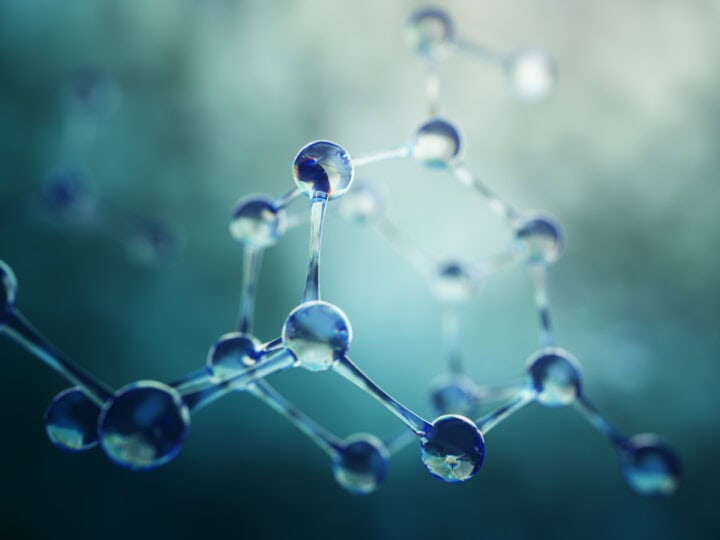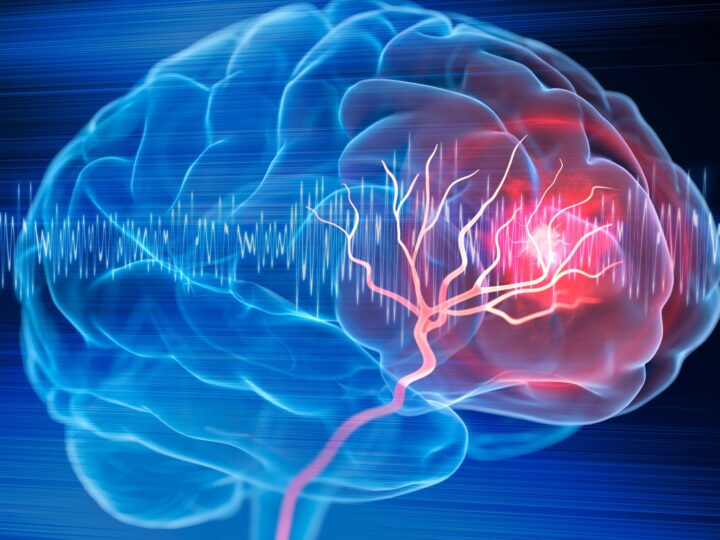When our immune system floods a wound with inflammation-causing white blood cells, that’s helpful.
But flooding a cancerous tumor with white blood cells only leads to further tumor growth and a devastating “wasting syndrome” of rapid weight loss unrelated to the patient’s diet.
According to a 2014 estimate, wasting syndrome affects 50% to 80% of cancer patients and accounts for about 20% of cancer deaths.
In an article in Cancer Discovery about their study, Israeli researchers reveal the mechanism behind this syndrome and propose a method for predicting it, pointing the way toward possible treatments.
“There is no existing treatment for wasting syndrome, even though it’s obvious that to defeat cancer we ought to keep the patient’s body in good shape,” said lead researcher Omer Goldman from Prof. Ayelet Erez’s molecular cell biology research team at the Weizmann Institute of Science.

Goldman tracked metabolic changes in mouse models of human breast and pancreatic cancers, focusing on the urea cycle, a series of biochemical reactions in the liver that convert excess nitrogen in the form of ammonia into urea to be excreted in urine.
“Within a few days of the onset of cancer, we detected a decline in urea cycle activity,” says Goldman.
“As a result, amino acids accumulated in the blood of the mice, rather than being broken down in the cycle. The tumor was using these amino acids to assemble its RNA and DNA. As a result of the urea cycle failure, excess ammonia also accumulated, and this impaired the immune cells’ ability to fight cancer.”
Blocking an essential protein
Around the time the metabolic changes appeared, immune cells started infiltrating the livers of the mice. As the cancer progressed, their livers filled up with white blood cells called neutrophils and monocytes.
This accumulation stopped the liver from producing a protein called HNF4-alpha – a master regulator of metabolic processes – and decreased its production of albumin, which prevents swelling and leakage from blood vessels.
When the levels of these proteins in the liver dropped, the mice started losing weight.
Using gene therapy, the scientists restored the production of HNF4-alpha in the livers of the mice. Consequently, the mice stopped losing weight, their tumors shrank and their survival rates improved.
Predicting risk
“A deepening understanding of how cancer changes central metabolic processes right from the beginning of the disease, combined with the continuous development of genetic treatments aimed at preventing these changes, might soon translate into new therapies available to patients in the early stages of cancer,” says Erez.
The researchers developed a diagnostic model based on a blood test for albumin and other blood-borne biochemical parameters related to the liver.
When they ran this model on large datasets of cancer patients, they found a correlation between the liver profile measured early on in the disease and the risk of wasting syndrome and even mortality occurring later.
In addition to the Weizmann Institute, scientists from Tel Aviv University, Hebrew University, Sheba Medical Center, Tel Aviv Sourasky Medical Center, Hadassah Medical Center and Clalit Health Services participated in the study as well as Prof. Joo Sang Lee of Sungkyunkwan University, South Korea.

















